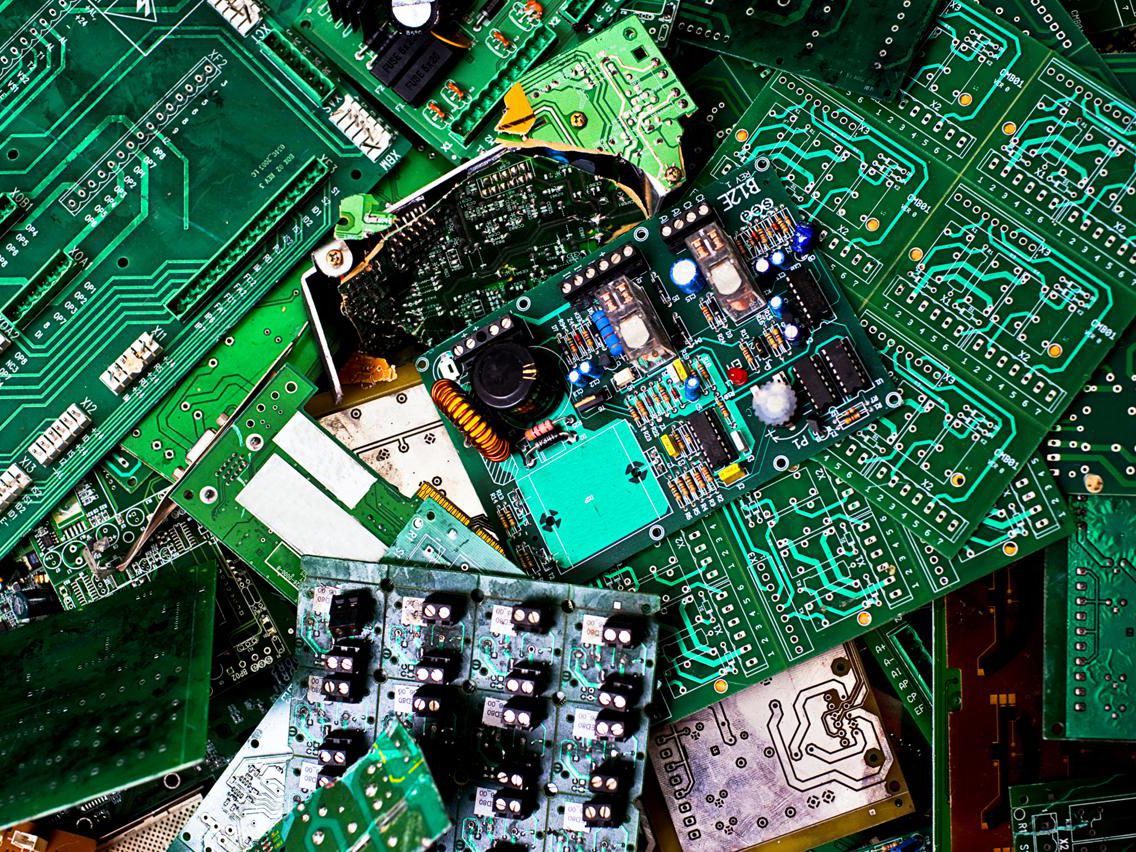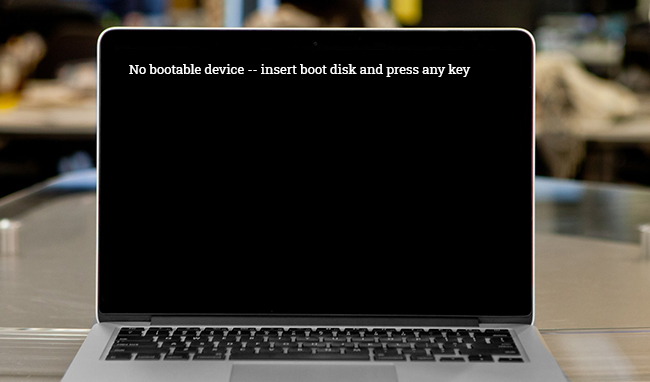Recycling electronics is a necessary task. But it’s more than just removing the old from the new. Recycling e-waste also prevents toxic chemicals from entering our environment, helps protect worker safety, and saves valuable natural resources.
The R2 certification process ensures that recyclers adhere to the highest standards in the industry, which protects your company’s reputation and helps ensure that you’re doing everything possible to protect people and the planet.
What are Electronics Recyclers?
Electronics recyclers are companies that specialize in recycling electronic waste, such as computers, laptops, televisions, and cell phones. These companies use various methods to recycle electronic waste, including shredding, crushing, and smelting.
Electronics recyclers can recycle electronic waste safely and efficiently, and they typically charge a fee for their services. Some electronics recyclers also offer pick-up services for electronic waste, making it even easier for consumers to recycle their unwanted electronics.It is also important to check your products before buying them. Check things like nema rating, efficiency, longevity, etc.
The Benefits of Electronic Recyclers
There are many benefits to using an electronic recycler.
- First and foremost, recycling electronics helps protect the environment. Electronics contain several harmful toxins, including lead, mercury, and cadmium. When these toxins are released into the environment, they can contaminate soil and water supplies and cause serious health problems. Recycling electronics helps prevent these toxins from entering our ecosystems and harming the environment.
- Recycling electronics also help protect worker safety. Many electronic components contain small amounts of mercury, lead, or other toxic chemicals. If these components are not appropriately recycled, workers may be exposed to these dangerous chemicals. Recycling electronics helps keep workers safe and healthy.
- Finally, recycling electronics saves valuable natural resources. Electronic waste comprises various materials, including plastics, metals, and glass. When these materials are recycled, they can be reused to make new products. This helps reduce the amount of waste going into our landfills and saves resources that would otherwise be used to produce new electronics.
What is R2 Certification, and Why Do Electronics Recyclers Need It?
Electronics recycling is a growing industry that helps keep electronic waste out of landfills. To ensure that electronic waste is properly disposed of, many recyclers choose to obtain R2 certification.
R2 certification is a voluntary set of standards that provides guidelines for the responsible reuse and recycling of electronic waste. To become certified, recyclers must demonstrate that they have the necessary infrastructure to safely and effectively recycle electronic waste.
In addition, they must also commit to following best practices for data security and environmental protection.
By obtaining R2 certification, recyclers can show their commitment to responsible electronic waste management. As a result, certified recyclers can better secure contracts with electronics manufacturers and other clients.
The Benefits of R2 Certification
There are many benefits to becoming R2 certified. Some of the key benefits include:
- Improved data security: Recyclers who are R2 certified must comply with strict data security guidelines. This helps protect the personal information of employees and customers.
- Safe and responsible recycling: By adhering to the R2 certification standards, recyclers can ensure that their e-waste is being recycled safely and responsibly. This helps protect the environment and prevents harmful chemicals from entering our air and water supplies.
- Increased business opportunities: Certified recyclers have access to a larger pool of potential clients, including electronics manufacturers and other recyclers. This can lead to increased business opportunities and a stronger bottom line.
- Greater environmental protection: R2 certification helps ensure that e-waste is recycled in an environmentally responsible manner. This reduces the amount of electronic waste that ends up in landfills and helps to protect our planet.
- Increased worker safety: E-waste often contains hazardous materials that can harm workers if not handled properly. R2 certification helps ensure that recyclers take the necessary precautions to protect their employees.
Provisions of the R2 Certification Standard
The R2 certification standard is broken down into eight core areas, which include:
- Management and planning: This section outlines the management team’s responsibilities and guides how to develop a recycling plan.
- Facilities and equipment: This section covers the physical requirements of the recycling facility, including safety and security measures.
- Worker training: This section provides training requirements for workers handling electronic waste.
- Data security: This section provides guidelines for protecting data privacy stored on or transmitted by electronic devices.
- Shipping and logistics: This section provides guidance on safe and efficient shipping methods for electronic waste.
- Reuse and recycling: This section outlines the steps involved in recycling electronic waste.
- Environmental protection: This section provides guidance on minimizing the environmental impact of recycling electronic waste.
- Compliance and enforcement: This section outlines the procedures for verifying that recyclers comply with the R2 certification standards.
Each of these areas is important to the safe and responsible recycling of electronic waste. By adhering to the standards outlined in the R2 certification program, recyclers can be sure that they are doing everything possible to protect people and the planet.
The Importance of R2 Certification for Electronics Recyclers
As the world becomes increasingly reliant on electronic devices, the need for responsible recycling grows. That’s where R2 certification comes in. R2 certification is a voluntary set of standards that provides guidelines for the safe and reliable reuse and recycling of electronic waste.
By becoming R2 certified, recyclers can show their commitment to protecting people and the planet. In addition, they can access a larger pool of potential clients, including electronics manufacturers and other recyclers. This can lead to increased business opportunities and a stronger bottom line.
So if you’re an electronics recycler, it’s important to consider obtaining R2 certification. It shows your commitment to safety and responsibility and helps you stand out from the competition.
How to Become R2 Certified?
The recycling industry has grown exponentially in recent years, and with that growth has come the need for certified recyclers. R2 is the most widely recognized certification for electronics recyclers, and it requires strict adherence to environmental, health, and safety standards. If you want to become a professional R2 certified recycling company, there are a few steps you’ll need to follow.
- First, you’ll need to complete an application and submit it to an R2 certifying body.
- Once your application has been reviewed and approved, you’ll be required to pay a certification fee.
- After that, you’ll need to undergo an on-site audit by an R2-certified auditor. The auditor will confirm that your facility meets all of the necessary standards and requirements.
- Once you’ve passed the audit, you’ll be awarded R2 certification.
It’s important to note that becoming R2 certified can be time-consuming and costly. But it’s worth it for recyclers who want to ensure the safety and security of their employees and customers.
Conclusion
If you are an electronics recycler and do not have your R2 certification, it is time to get certified. The benefits of certification far outweigh the cost and effort required to obtain it. With ever-changing environmental regulations, being R2 certified will help keep your business up to date and in compliance.




![[Pii_Email_f471d3ee8613f77bd6e2] Error](https://ustechportal.com/wp-content/uploads/2023/02/How-to-Solvedpii_email_1606b61a08e6a2cf4db9-Error-1.png)